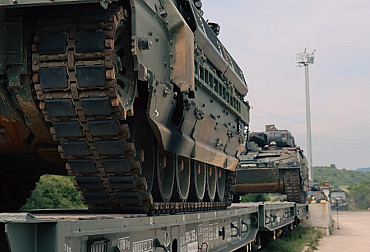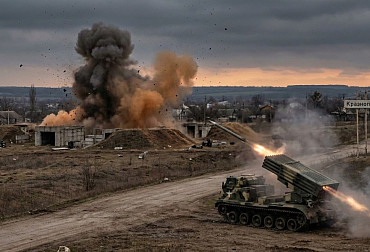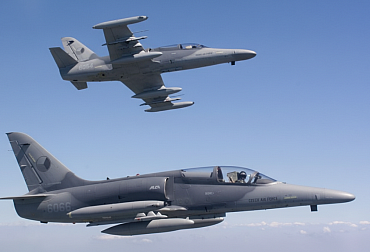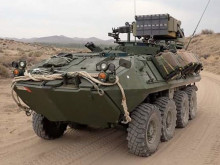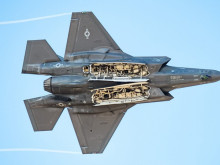In order to fulfil the Security and Defence Strategy of the Czech Republic, it is necessary to provide the defence industry with access to financing
More than thirty years after the end of the Cold War, security and defence once again depend on the technological level and industrial efficiency of the defence industry. Many actors in international relations once again prefer to use force to further their objectives. The strategies of NATO, the EU and their members, including the Czech Republic, see the defence industry and the development of its capabilities as a necessary and integral part of defence security. However, the defence industry still faces a number of obstacles and one of the most pressing is access to financing and securing financial operations. We have written about these long-term problems several times on CZ DEFENCE.
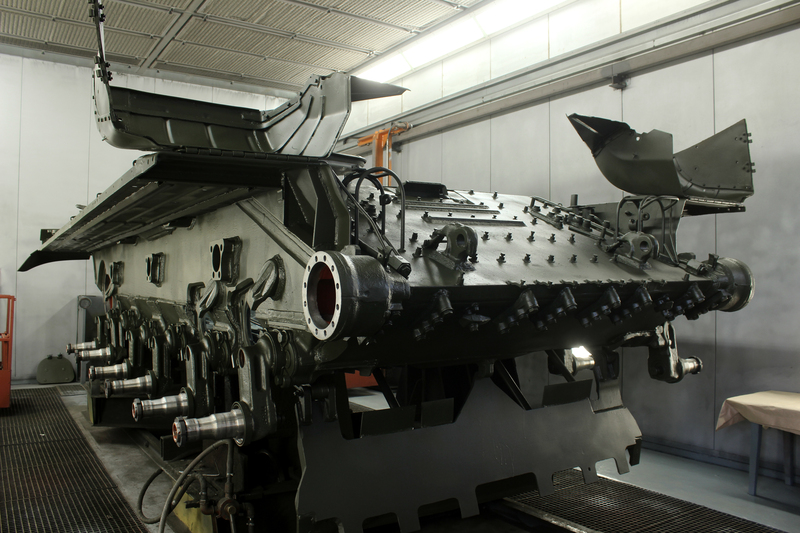
The private defence industry in the Czech Republic, as in other EU Member States, faces significant obstacles in accessing and securing financing. At the same time, the defence industry is an important employer, a GDP generator, an investor in research, development and innovation, and, last but not least, an important contributor to the provision of a fundamental public good - security - for society, the state and the development of the economy.
The security environment is deteriorating significantly. The Russian aggression against Ukraine - the biggest military conflict in Europe since the Second World War just a few hundred kilometres from the Czech Republic's borders - is a symbol of this. Similarly, the large-scale brutal terrorist attacks against Israel are a symbol. Security and defence strategies, led by the strategic documents of NATO (Strategic Concept 2022) and the EU (Strategic Compass 2022) respond to these developments, as do the strategic documents of other members of these organisations. The Czech government adopted a new Security Strategy and then a Defence Strategy in October. After more than thirty years since the end of the Cold War, the domestic defence industry is once again seen as a fundamental pillar for ensuring the capabilities of armies and the country's defence capability. In this context, the defence industry is expected to bring new technologies, ensure timely mass production and provide its capabilities not only to NATO and EU member states but also to partner countries such as Ukraine.
"The Czech defence industry has immediately responded to the increased demands and needs of the Czech government to ensure the modernisation and combat readiness of the Czech Army as well as to the requirements arising from the Czech foreign security interests in the context of the Russian aggression against Ukraine. However, the defence industry faces a number of obstacles that prevent the implementation of the newly adopted Security and Defence Strategy of the Czech Republic as well as NATO and EU strategies. The most important problems include access to financing for the development of the defence industry and the provision of financial operations by the banking sector," said Lubomír Kovařík, Chairman of the Defence Industry Section of the Czech Chamber of Commerce and Industry.
"From one side of the EU, there is a big change in the perception of the defence industry. At the same time, it is true that, for example, the change in taxonomy has still not manifested itself. Specifically, at present, the European Investment Bank, which not only finances some projects but also sets certain boundaries for financing within individual banks, does not yet perceive the defence industry as one that should be financed, which is in direct contradiction to what the other part of the EU says," clarifies the chairman of the Defence Industry Section of the Czech Chamber of Commerce.
The only effective solution, according to Kovařík, is to push all states, including the Czech Republic, to align and to have a coherent approach to the defence industry not only from one side of the EU but also from the other side, especially from the European Investment Bank. The Defence Industry Section also plays a role in this, and although it is not a large organisation, the Section brings together all the large manufacturers in the Czech Republic with a tradition in our defence industry. "Our pressure should be to help fulfil the importance we perceive within the defence industry through dialogue with the state authorities, the Ministry of Defence, the Ministry of Finance, the Government of the Czech Republic. This means helping to show why it is important, how it is necessary to work, and to create arguments for our representatives who go to the EU," says Lubomír Kovařík.
Although some steps are already being taken on the issue of defence industry access to funding, such as the resolution adopted by defence ministers during the recent European Defence Agency meeting calling for improving defence industry access to funding and securing financial operations, or the active support in this area by Defence Minister Jana Černochová or the Executive Director of the European Defence Agency, Jiří Šedivý, it is still not enough.
The members of the Defence Industry Section of the Chamber of Commerce of the Czech Republic have also recently held talks with representatives of the Ministry of Defence and the National Security Advisor Tomáš Pojaro on how to address the problems of the defence industry in the light of security and defence needs. The discussion was also attended by the Czech Export Bank and the state-owned insurance company EGAP.











